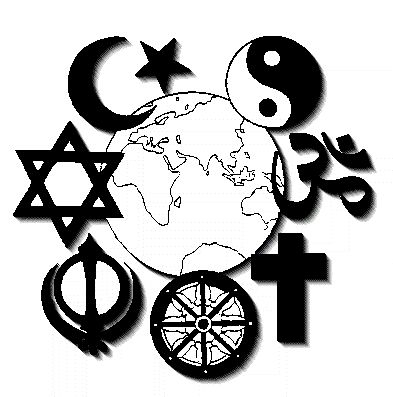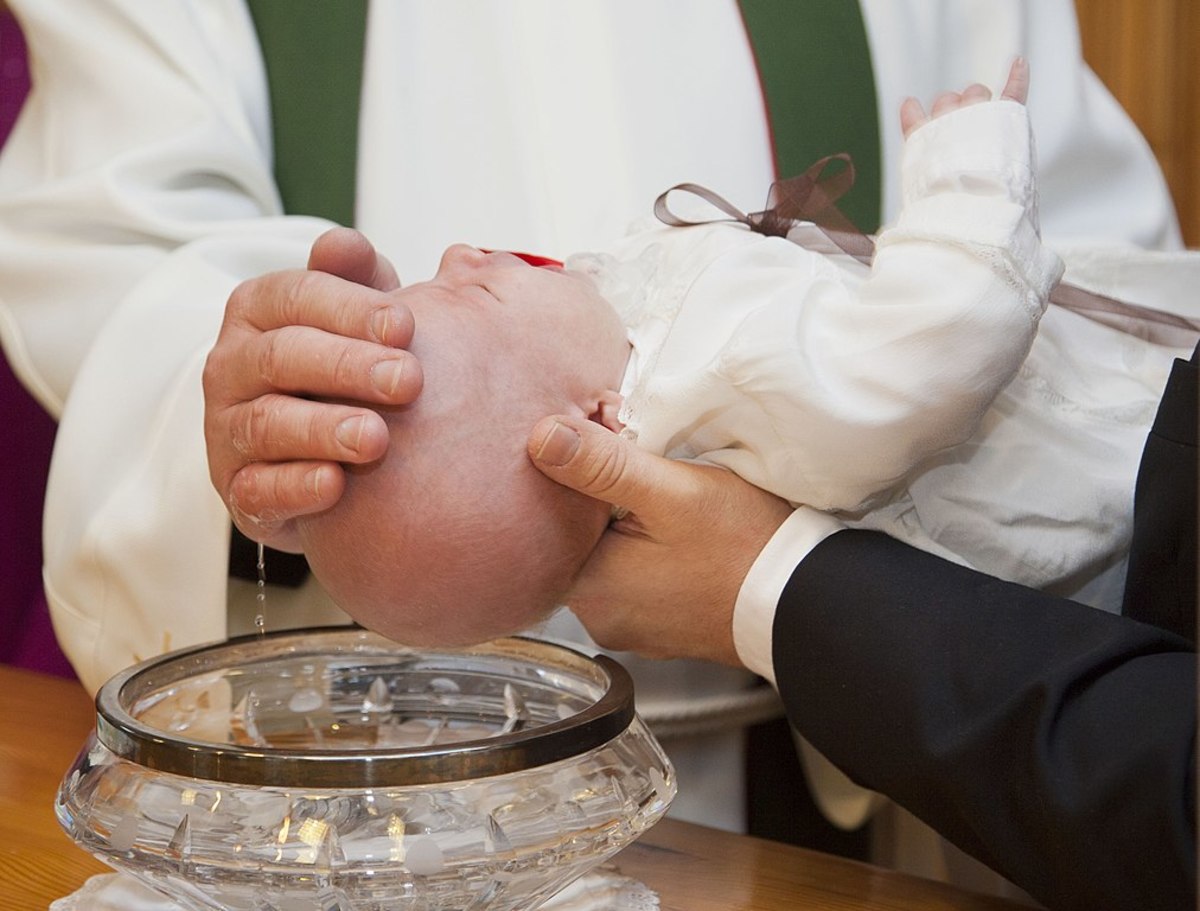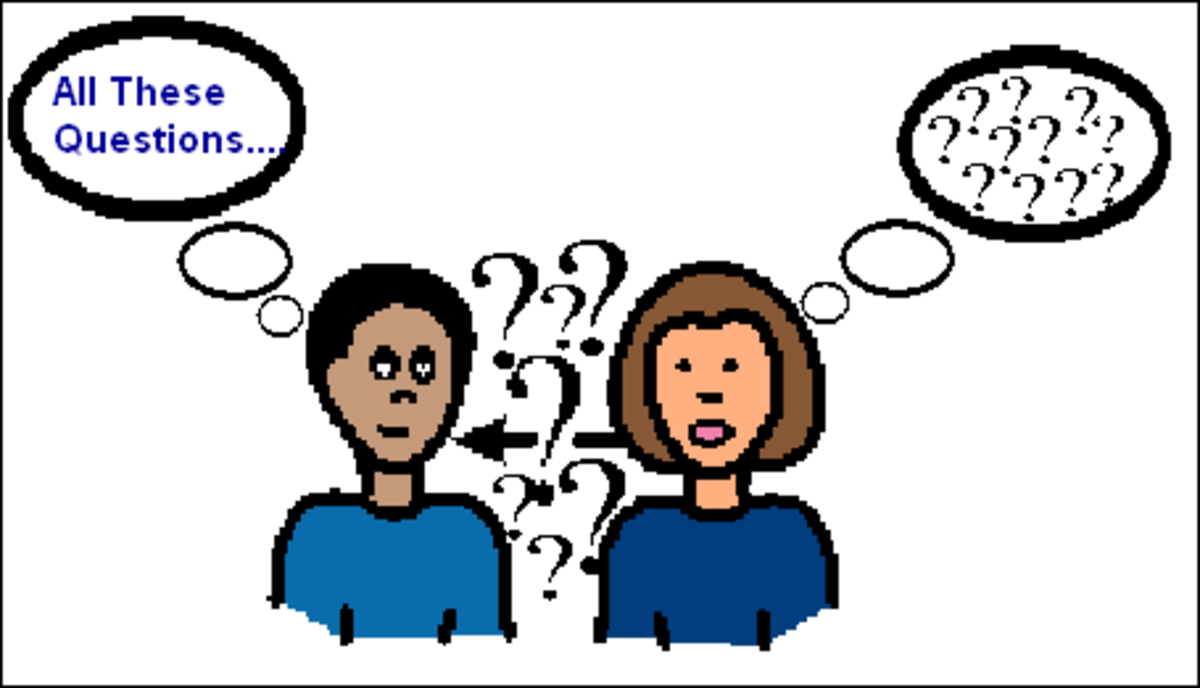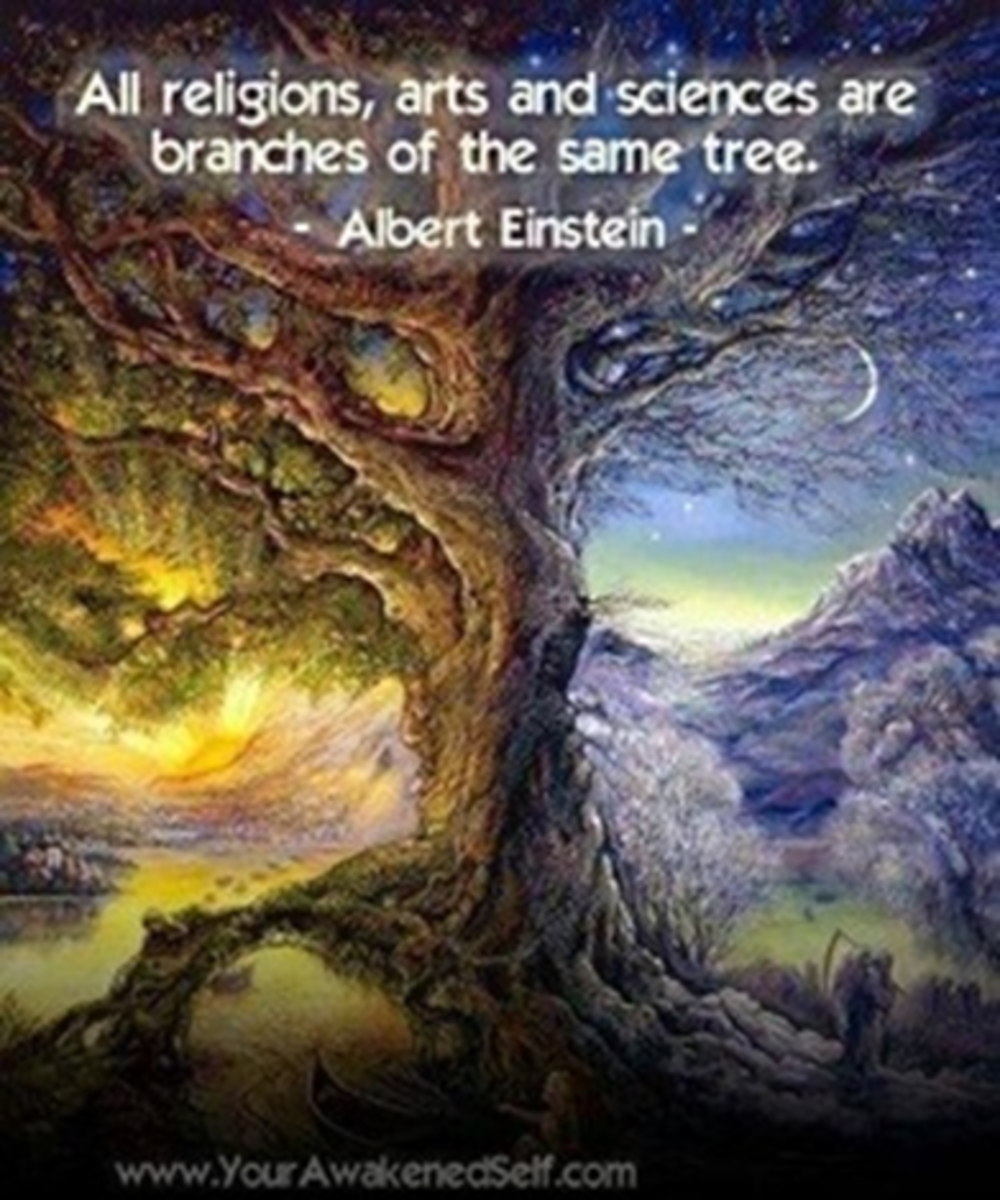Understanding Religion

Article: 8-29-2010
If you understand religion, you understand people and cultures. All too often, religion is relegated to specific places of worship, groups and organizations, that mostly cater to their own. With some exceptions (i.e. natural/man-made disasters, trajedies, chairity, interfaith events), members of a particular faith or religion usually learn about their own, while not bothering, or having to make an effort, to learn about others. Fine. But if someone in the U.S. does not attend a private, religious school, or does not attend a place of worship, how can they learn about religion?
It's one thing to learn about what a particular religion or faith teaches and believes, it's another to learn how religion and faith are taught. What are the major holidays for the three major world religions of Judaism, Christianity, and Islam for example? What are the basic teachings? What is/has been the religion's effect upon history and society? How is the religion practiced in the U.S. vs. elsewhere? Such are questions that can be used as an approach in teaching about religion, without proselytizing.
In my Hub Pages article, Should Religion Be Taught In Public Schools, I supported the idea that religion should be taught in public schools. Most objections were from people who were concerned about proselytizing, and that schools would be endorsing religion. Schools teaching about religion for example, would be like teaching about communism, socialism, capitalism, the Nazis, etc. in social studies and history classes. Even though those ideologies are taught in the public schools, does that mean that the schools are proselytizing, or indoctrinating and forcing students to believe in a particular ideology? They are usually presented from a historical, sociological and cultural perspective. Religion can be presented likewise.
In using Islam as an example, in the U.S., Muslims constantly have been having to explain that not all Muslims are terrorists, fundamentalists, or believe in Sharia law. How Islam is practiced in the Middle East, may be very different in how it is practiced in the U.S., and throughout the world. How Christianity is practiced in the U.S., is very different in how it is practiced in Europe, South America, or other areas of the world. Though a basic core belief system exists for the religions, how a particular religion and faith is practiced is cultural. Just as there are different sects and denominations in Christianity, so to are there in Islam. And that is part of the major challenge in not understanding religion: Ignorance of what others believe, and how they practice those beliefs. How often has such ignorance lead to major misunderstandings, violence and wars?
Besides schools, religions themselves need to do more to foster education and understanding of their beliefs system, and what they stand for. Though religion has largely been perceived as a positive in the U.S., that seems to be changing for young people ages 18 - 29, who tend to be less active religiously, especially in identifying with a particular religion, according to a 2010 Pew Forum report ( http://pewforum.org/Age/Religion-Among-the-Millennials.aspx). Because of the negative stigma that religion often has, perhaps that stigma is contributing to young people leaving religion altogether, or not practicing a particular faith.
The point is not to encourage people to choose or identify with a particular religion or faith, but to have a basic understand of them, just as anyone would know basic history, civics, and social studies. No doubt, there are people in any religion and group, who help foster negativity, and encourage disharmony amongst other faiths and non-believers. Just as there are believers, or so-called 'pillars' of a particular faith, trying to force their beliefs upon others, which has lead to many wars, history is also filled with people of political and civic ideologies who try to force their belief system upon others. Religion can be no better or worse than governments, and political ideologies, depending upon the people who are behind them. Religion itself needn't be negative. It's the people behind religion, that make it negative (or positive).
Many religions and faith based organizations have interfaith events, where the different faiths might learn more about each other, and their traditions. During Passover for example, many Jewish families and synagogues invite people of other faiths to enjoy Seder meals, and learn about some Jewish customs. Muslims might invite others to an Iftar, or breaking of the fast, during Ramadan. Again, religion needn't be negative. It can be a great way in better understanding people, in understanding cultures, and understanding how those cultures might think.
Religion can be exclusive (individually or to that community of believers), but it needn't be. Religion can be taught without proselytizing, from a historical, cultural, and sociological perspective. Religion should be celebrated, especially in the U.S., in all of its diversity (e.g. religious and secular displays during end of year Holiday season), just as cultural diversity is also celebrated. Just as anyone in the U.S. has the right not to believe, or not practice any particular faith, that right should not infringe upon those who do have religious beliefs.
Currently in the U.S. for example, Islam is often misunderstood, and misrepresented, from the actions of a minority within the group. Those actions have contributed to a general ignorance and mistrust of Muslims by some non-Muslims in the U.S. Though Muslims in the U.S. unfortunately have a responsibility to defend and show that their faith is not about terrorism, perhaps if there was a better understanding of religion as a whole, more people would know that Islam has many cultures, differing beliefs and ideologies, just as Christianity, Judaism, and any other religion.
Shabazz Wilson
A Resource: http://interfaithcalendar.org/








